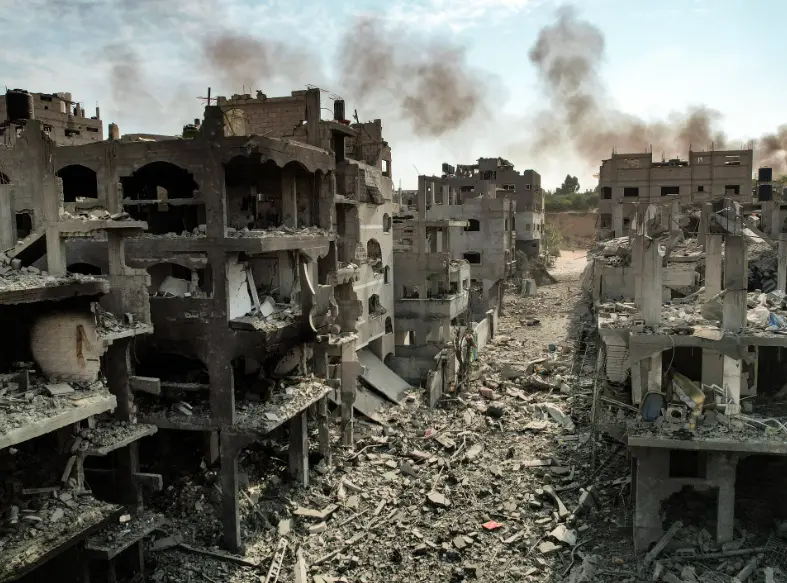
The Israel-Hamas conflict has reached new levels of intensity, with escalating violence and increased international concern. In response, the U.S. government has announced plans to provide additional military aid to Israel. The move is seen as a show of solidarity with Israel, which is facing a barrage of rocket attacks from Hamas militants in Gaza. However, the U.S. is simultaneously urging Israel to exercise restraint in its military actions to avoid further civilian casualties, as the humanitarian crisis in Gaza worsens.
Increased Military Support for Israel
The Biden administration’s decision to send more military aid to Israel comes as the conflict with Hamas shows no sign of abating. This aid package includes weapons systems, ammunition, and intelligence support aimed at bolstering Israel’s defense capabilities. The U.S. has long been a close ally of Israel, and this additional support underscores its commitment to Israel’s security in the face of ongoing threats from Hamas, which the U.S. designates as a terrorist organization.
While this aid is critical to ensuring Israel’s defense, it has sparked debates within the U.S. and international community about the broader implications of providing military support during such a volatile period. Critics argue that sending more weapons into the conflict could exacerbate violence, while supporters of the move maintain that Israel has the right to defend itself against rocket attacks and terror threats.
Calls for Restraint and Civilian Protection
At the same time, the U.S. government is actively calling for restraint in Israel’s military operations. With Gaza already facing severe humanitarian challenges, including shortages of medical supplies, food, and water, the situation is becoming increasingly dire for civilians caught in the crossfire. The U.S. has been vocal in urging Israel to adhere to international law and take steps to minimize civilian casualties.
The Biden administration’s diplomatic stance reflects a delicate balancing act. While reaffirming its unwavering support for Israel’s right to defend itself, the U.S. is also working with international partners to push for a de-escalation of violence. Efforts to broker a ceasefire have thus far been unsuccessful, and the path to a peaceful resolution remains unclear.
Humanitarian Crisis in Gaza
The humanitarian situation in Gaza continues to deteriorate as Israeli airstrikes intensify in response to rocket attacks from Hamas. Hospitals in Gaza are overwhelmed, and infrastructure has been severely damaged. Thousands of civilians have been displaced, and the United Nations has called for increased international aid to address the growing crisis.
Human rights organizations have raised alarms about the toll the conflict is taking on Gaza’s civilian population. The U.S. has pledged additional humanitarian assistance to alleviate the suffering in Gaza, but getting aid to those in need remains a significant challenge amid ongoing hostilities.
Conclusion
As the Israel-Hamas conflict escalates, the U.S. faces the dual challenge of supporting its ally, Israel, while advocating for measures to protect civilians and de-escalate the violence. The Biden administration’s decision to send more military aid to Israel reflects the strong U.S.-Israel relationship, but also highlights the complexities of navigating a conflict where the stakes for both security and human rights are extraordinarily high. The international community will be closely watching how this situation unfolds in the coming days.


